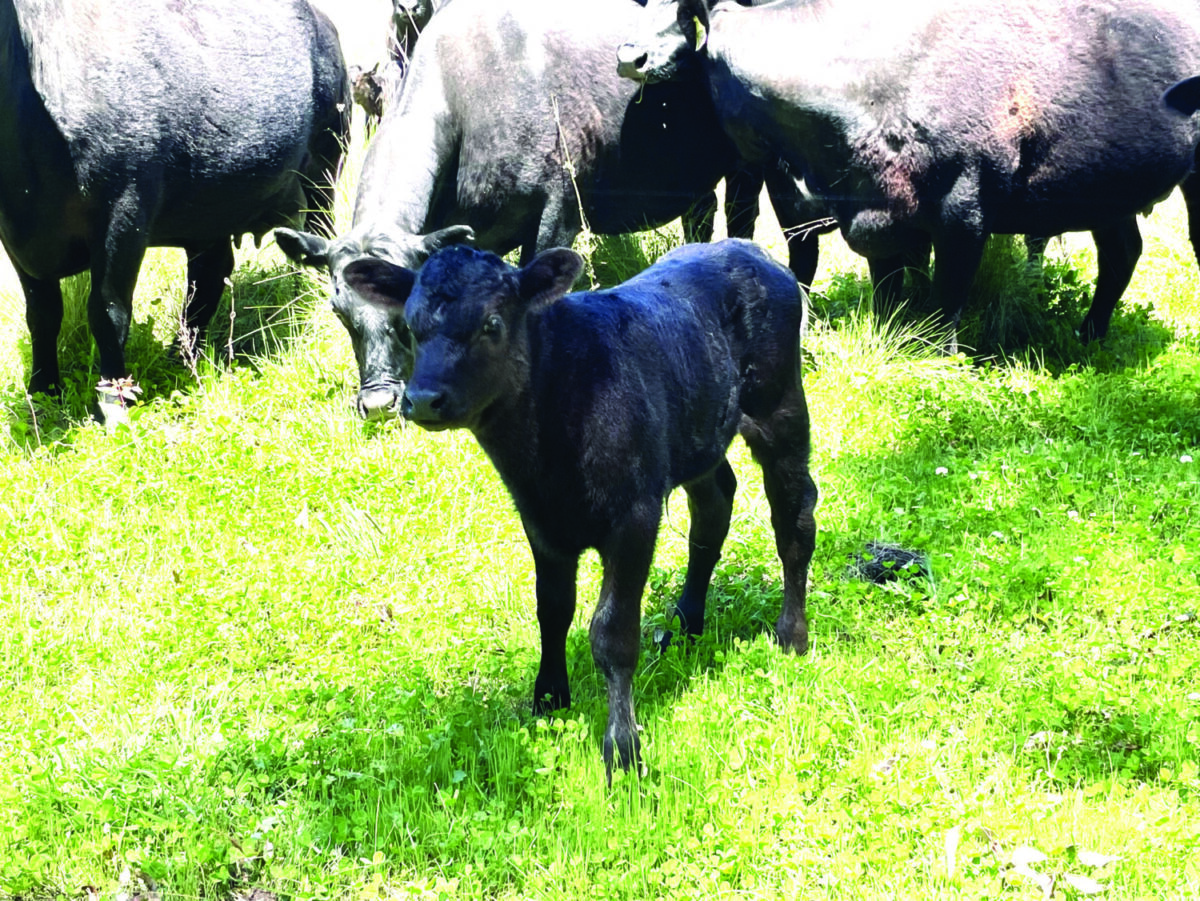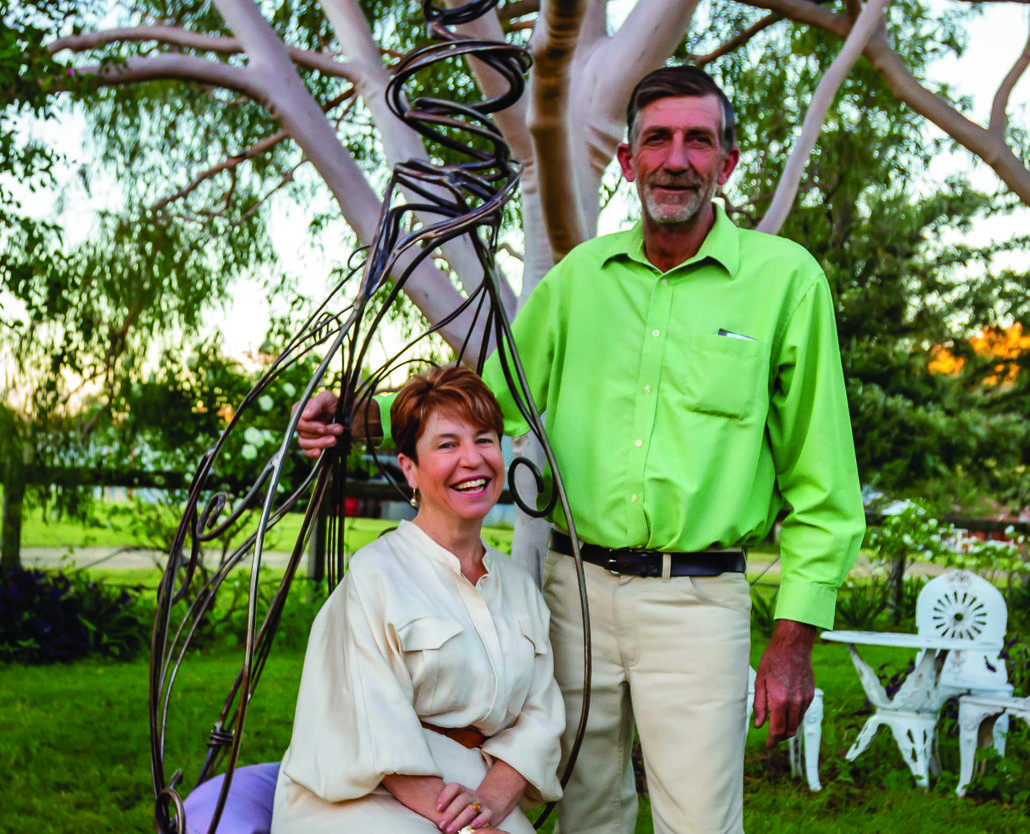
By Jane Harris
The potential introduction of Foot and Mouth Disease (FMD) to Australia from near neighbour Bail, Indonesia, is causing great concern to people in Barraba and other rural communities. Veterinary Surgeon, Ben Gardiner says, “FMD is a viral disease affecting all cloven-hoofed animals, causing few deaths except in young animals and abortions, but known for its debilitating and recurrent affect on milk and meat production.” Ben owned and operated a veterinary practice in Barraba, Bingara and Manilla for 40 years, and is also a former Head of the Australian Veterinary Association. Ben is well-credentialed to explain both the severity of a possible Australian outbreak as well as comment on Australia’s preparedness.
Ben describes FMD as “the big one in emergency animal disease in Australia”. He explains why the disease threatens more than $80B to the Australian economy. “FMD virus has multiple strains, all of which are extremely contagious. Vaccines exist but are of limited value when total eradication is the only redeemable option for our export dependent industries,” explains Ben. “FMD virus infects many species concurrently, some of which like pigs, goats, and deer have high wild populations in Australia, but which are known to also interface with domestic livestock, including sharing water and feed troughs, adding unpredictable complications to eradication.”
Ben explains some of the ways an FMD outbreak could affect Australia. “We export far more of our animal products than we consume. Almost all of our trading partners share a zero tolerance policy for FMD and so trade in all related export products would cease immediately on a FMD diagnosis, suddenly making supply massively outstrip the remaining domestic demand. Even if an outbreak appeared to be contained and eradicated promptly, achieving proof of freedom and resumption of trade with trading partners would still be more a case of years rather than months. Decimation of national herds and flocks during a sustained period of rock bottom prices would outstrip even our worst drought effects.”
Bruce and Susan Retschlag, of “Belfield” and “Riverstone”, Upper Horton, agree with Ben that letting foot and mouth enter into our country would be catastrophic. “We are 100% concerned about foot and mouth entering our renowned clean, green disease free country,” says Susan.
The Retschlags run mostly Angus cattle, with around 800 breeders in the Upper Horton, and another 200 in the Moree shire. In addition they have Droughtmaster breeders at properties in south-east Queensland. “We do not want to have to shoot and kill our beloved animals for animal welfare reasons alone,” say the Retschlags, for whom the personal consequences would obviously be devastating. But as people whose lives have been spent on the land and working in rural industries, they are acutely aware of the broader effects of a possible outbreak. “Not only would it devastate our billion dollar export and live export markets, it would affect so many other industries including dairy. There would be a flow-on effect to saleyards, saleyard staff, livestock carriers, livestock and property agents, butchers, coffee shops and restaurants…the list goes on. Prices would skyrocket,” say the Retschlags.
Ben Gardiner says while the stakes are very high, there is positive news. “The preparedness by Australia using Ausvetplan and a string of associated plans which are continually reviewed and updated is second to none globally.”
“But it is our island nation status and strict quarantine measures that have assisted us to avoid a host of nasty animal diseases that others have not,” says Ben. He emphasises that prevention is essential. “If FMD enters Australia the effectiveness of our eradication measures would only make the difference between a disaster and a calamity for our export dependent industries. Preventing an incursion remains the critical focus.”
Bruce and Susan say they have been in touch with their State Representative, Adam Marshall and are encouraging others to get in touch with decision-makers to tell them how serious the situation is. “We hope our authorities take every measure to prevent FMD entering Australia. Our beef, lamb and dairy are regarded as some of the best in the world. Our animals and industry deserve every protection.”



